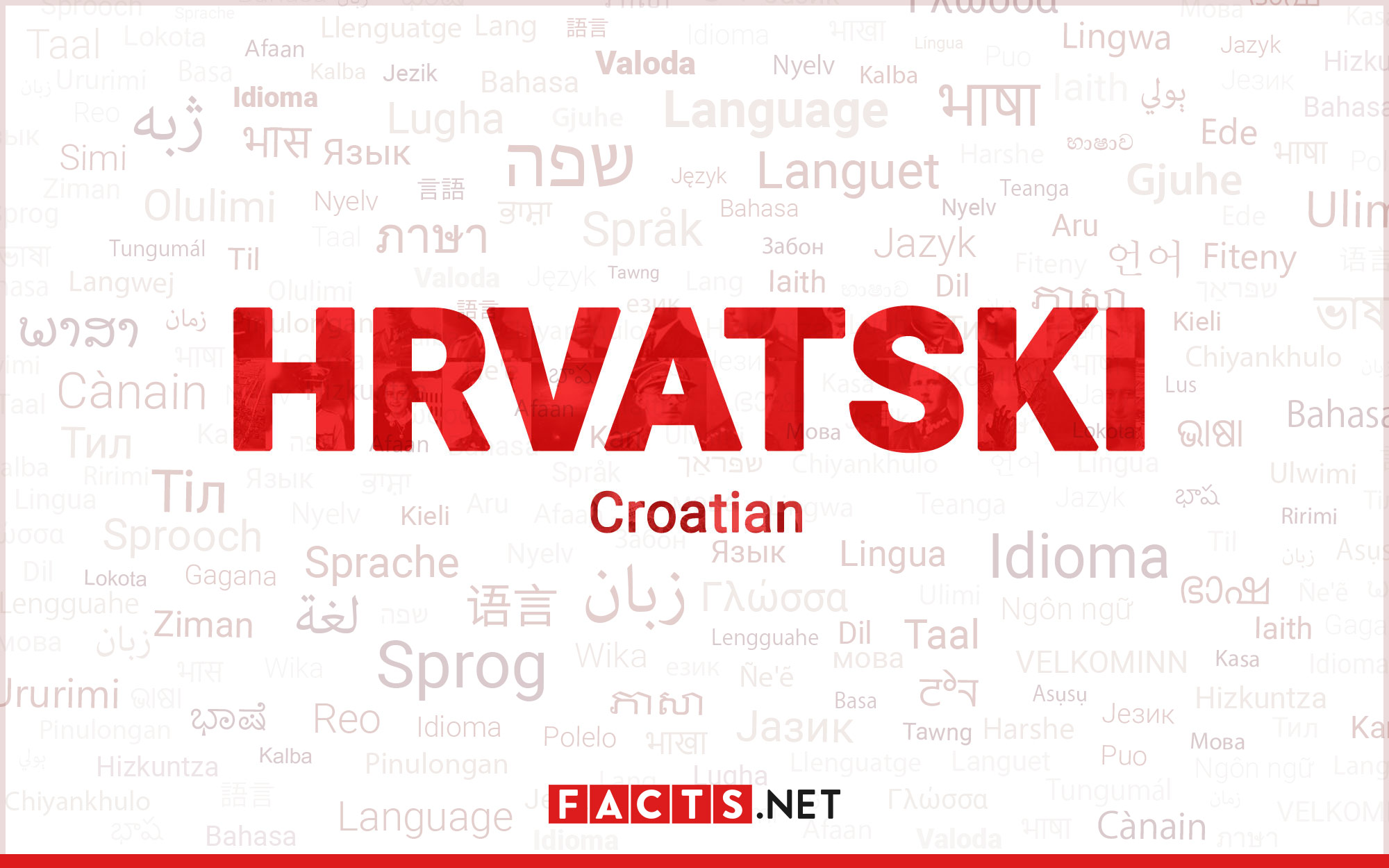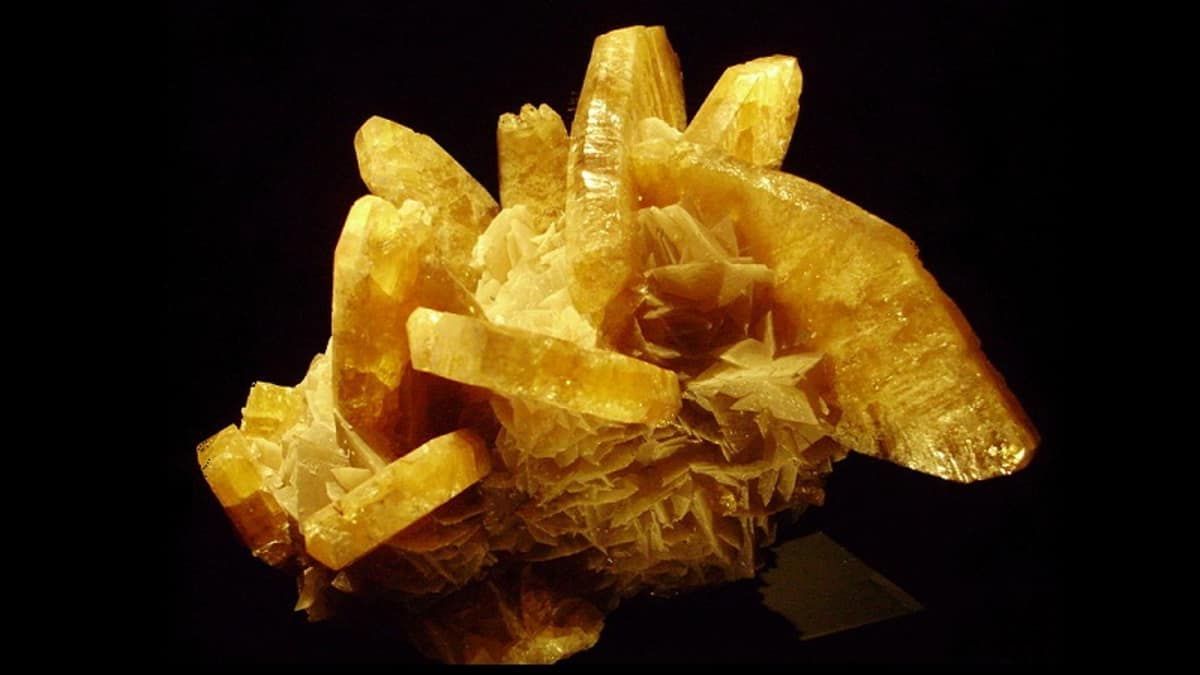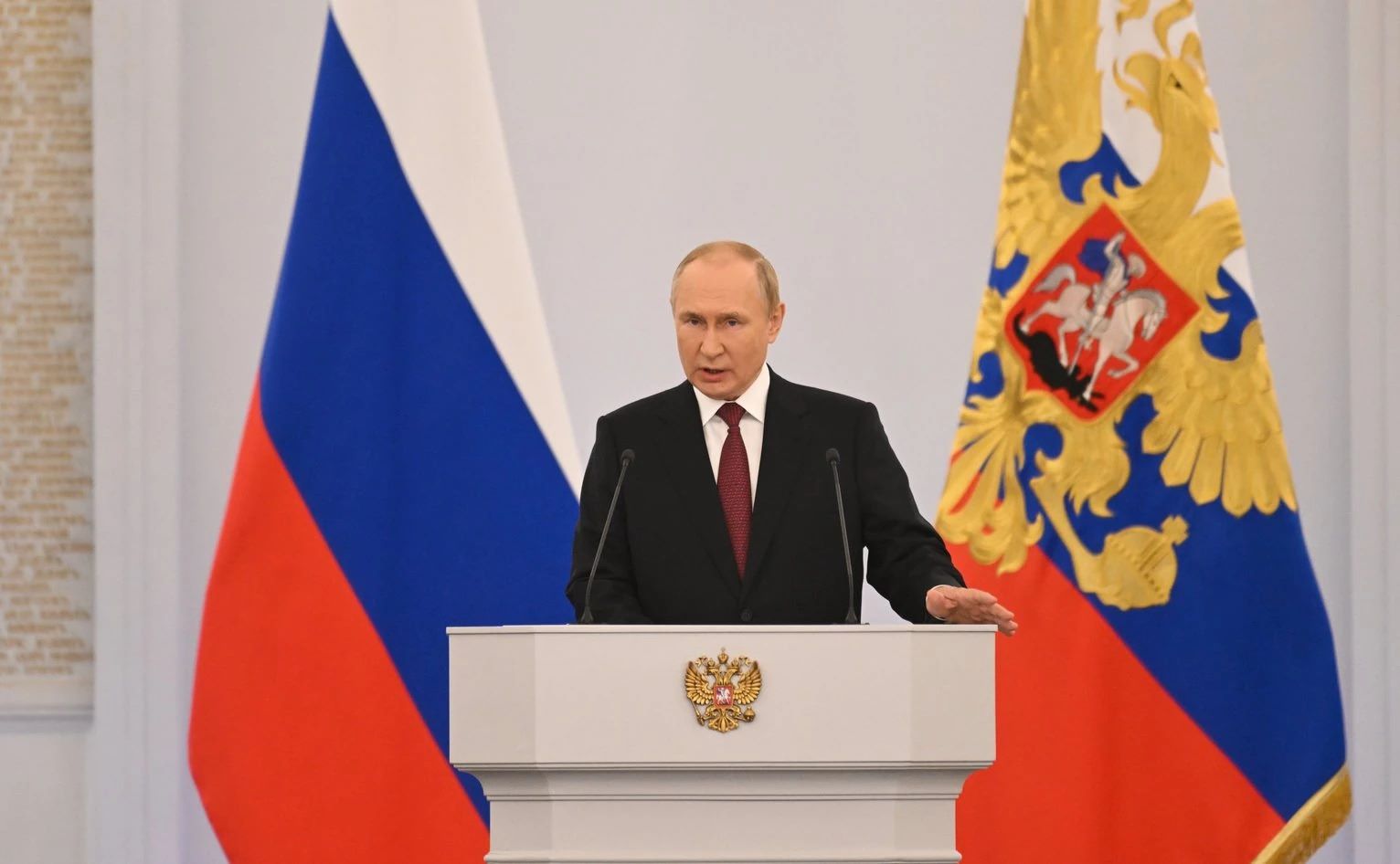
Croatian, the official language of Croatia, is a fascinating linguistic enigma that has evolved over centuries. With its roots traced back to the Old Slavic language, Croatian has gone through a complex journey of developments and influences. From the intriguing blend of ancient Indo-European languages to the notable influences of neighboring countries, Croatian has emerged as a unique and vibrant language.
In this article, we will explore 19 captivating facts about the Croatian language that will shed light on its rich history and linguistic peculiarities. Whether you are a language enthusiast, a traveler planning a visit to Croatia, or simply curious about different cultures, this article will provide you with an intriguing glimpse into the world of Croatian language and its fascinating nuances.
Key Takeaways:
- Croatian is an official language of Croatia and has a rich literary tradition, with a phonetic spelling system that makes it easier to learn and pronounce.
- The Croatian language has distinct dialects, a unique grammatical structure, and has influenced other languages in the region, making it a fascinating and diverse language to explore.
The Croatian language has its roots in the Indo-European family.
Croatian is classified as a South Slavic language and belongs to the Indo-European language family. It shares similarities with other Slavic languages, such as Serbian and Bosnian.
Croatian is the official language of Croatia.
Croatian is the official language of Croatia and is spoken by the majority of the population. It is also recognized as a minority language in some neighboring countries.
Croatian uses the Latin alphabet.
Croatian is written using the Latin alphabet, just like English. It consists of 30 letters, including diacritical marks that alter the pronunciation of certain sounds.
The Croatian language has a unique grammatical structure.
Croatian has a rich inflectional system, which means that words change their form to indicate grammatical relationships. This includes noun case endings, verb conjugations, and adjective declensions.
Croatian has distinct dialects.
Although standard Croatian is based on the Zagreb dialect, there are numerous regional dialects spoken throughout the country. These dialects have unique vocabulary, pronunciation, and grammatical features.
Croatian has both formal and informal forms of address.
When speaking Croatian, it is important to know whether to use formal or informal language when addressing someone. The distinction is based on the level of familiarity and respect.
Croatian is spoken by over 5 million people worldwide.
While Croatian is primarily spoken in Croatia, there are also significant Croatian-speaking communities in Bosnia and Herzegovina, Serbia, and other areas with Croatian diaspora.
Croatian has borrowed words from other languages.
Throughout its history, Croatian has incorporated loanwords from various languages, including Italian, German, Turkish, and English. This borrowing process has enriched the vocabulary of the language.
Croatian has a complex system of verb tenses and aspects.
Verbs in Croatian can be challenging due to the variety of tenses and aspects. The language distinguishes between perfective verbs (denoting completed actions) and imperfective verbs (denoting ongoing or repeated actions).
Croatian has a rich literary tradition.
Croatian literature has a long and celebrated history, dating back to the Middle Ages. Notable Croatian writers include Miroslav Krleža, August Šenoa, and Ivana Brli?-Mažurani?.
Croatian has a phonetic spelling system.
Unlike some other languages, Croatian has a nearly perfect correspondence between letters and pronunciation. Once you learn the basic rules, you can accurately pronounce words based on their spelling.
Croatian is recognized as a minority language in several European countries.
Due to historical and cultural connections, Croatian is recognized as a minority language in neighboring countries such as Hungary, Austria, and Italy.
Croatian has a rich folk music tradition.
Croatian folk music is known for its vibrant melodies and heartfelt lyrics. Traditional instruments, such as the tamburica, are often used in performances.
Croatian has influenced other languages in the region.
As a major South Slavic language, Croatian has had a significant impact on neighboring languages such as Serbian, Bosnian, and Montenegrin. There are many shared words and linguistic similarities.
Croatian has a broad range of dialectal variations.
Regional dialects in Croatia can be so different that they are sometimes considered separate languages. This linguistic diversity adds to the richness and complexity of the Croatian language.
Croatian has a unique speech sound called “?okot.”
The Croatian language features a distinct phoneme called “?okot” that combines the consonant sounds /?/ and /k/. It adds depth and uniqueness to the pronunciation of certain words.
Croatian has a thriving theater scene.
Croatian theater has a strong presence, with numerous professional theaters and a variety of performances staged throughout the country. It serves as a platform for both traditional and contemporary plays.
Croatian has its own national dictionary.
The Institute of Croatian Language and Linguistics has compiled and published a comprehensive dictionary that serves as the authoritative source for Croatian vocabulary and word usage.
Croatian is an official language of the European Union.
Since Croatia joined the European Union in 2013, Croatian has become one of the official languages of the EU. It is used in official documents, meetings, and communications within the European institutions.
Conclusion
Croatian is a fascinating language with a rich history and unique characteristics. From its Slavic roots to its distinct dialects, this language has intrigued linguists and language enthusiasts alike. In this article, we’ve explored 19 enigmatic facts about Croatian, shedding light on its phonetics, grammar, and cultural significance.
From the interesting fact that Croatian has one letter that is not used in any other Slavic language, to its intricate case system and poetic expressions, Croatian offers a world of linguistic exploration. Whether you’re planning a visit to Croatia or simply curious about the language, learning about these facts will undoubtedly deepen your understanding and appreciation for Croatian.
So, next time you encounter the Croatian language, you’ll have a newfound appreciation for its intricacies and cultural significance. Dive into the world of Croatian and let its enigmatic beauty captivate you.
FAQs
Q: Is Croatian similar to Serbian or Bosnian?
A: Yes, Croatian, Serbian, and Bosnian are all closely related South Slavic languages. They share many similarities in vocabulary, grammar, and pronunciation, but each has its own unique features and variations.Q: How many people speak Croatian?
A: It is estimated that around 5.5 million people speak Croatian worldwide. The majority of speakers are concentrated in Croatia, where it is the official language, but there are also Croatian-speaking communities in Bosnia and Herzegovina, Serbia, and other countries with Croatian diaspora.Q: Are there dialects in Croatian?
A: Yes, Croatian has several dialects that vary by region. These dialects have distinctive features in pronunciation, vocabulary, and grammar, adding to the linguistic diversity of the language.Q: Is Croatian difficult to learn?
A: Learning any language requires time and effort, but for speakers of other Slavic languages, Croatian may be easier to grasp due to its shared roots. However, for English speakers or those with no prior Slavic language knowledge, Croatian can be challenging due to its complex grammar and unique phonetic characteristics.Q: Can I visit Croatia without knowing Croatian?
A: Yes, many people visit Croatia without knowing Croatian. English is widely spoken in tourist areas, and locals are often accustomed to communicating with tourists in English. However, learning a few basic Croatian phrases can enhance your travel experience and show respect for the culture and language of the country.
Unraveling Croatian's enigmatic traits is just the beginning of your linguistic journey. Dive into the fascinating world of Slavic languages by exploring 14 astounding facts about Slovenian, a close relative of Croatian. If you're keen on mastering new languages, don't miss our article on 10 astonishing facts about Duolingo, the popular language learning app that's revolutionizing how people acquire new language skills.
Was this page helpful?
Our commitment to delivering trustworthy and engaging content is at the heart of what we do. Each fact on our site is contributed by real users like you, bringing a wealth of diverse insights and information. To ensure the highest standards of accuracy and reliability, our dedicated editors meticulously review each submission. This process guarantees that the facts we share are not only fascinating but also credible. Trust in our commitment to quality and authenticity as you explore and learn with us.


